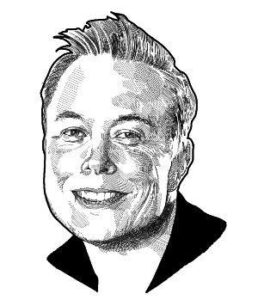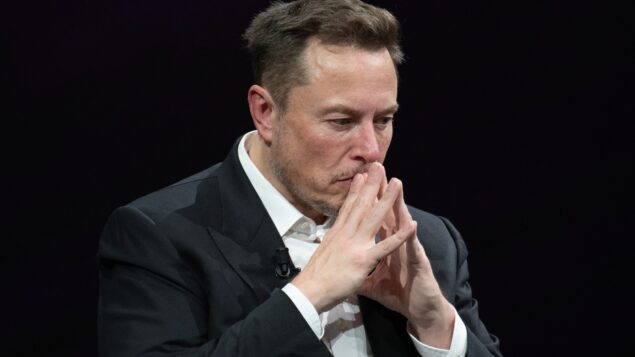OpenAI brought to the general public emails in which Elon Musk, when he was one of the startup's main funders, agreed that the company was born as Nonprofit Should become For profit Thus obtaining greater opportunities to compete in the race to develop artificial intelligence models.
Musk also agreed that the startup should not share its algorithms publicly.

The messages show Musk's contradiction with the person who filed a lawsuit last week against OpenAI and its founders.
And in his actions before the court… Musk claims that the startup has deviated from its original mission of not being a profit-seeking company and seeking to develop artificial intelligence for the greater benefit of the public.
This operation targets, in addition to OpenAI, its CEO, Sam Altman, and its president, Greg Brockman.
In their first official statement since Musk's lawsuit last week, the OpenAI founders say that at the end of 2017, “Elon and I decided that the next step would be to create an… “for profit” And that “Elon wanted to obtain a majority stake, primary control of the board of directors, and be CEO.”
In the midst of the discussions, says the text posted on the OpenAI website, Musk was going to stop supporting the company. To pay the bills, the startup, now worth more than $80 billion, received financial backing from Reid Hoffman – the founder of LinkedIn.
In a 2018 letter, Musk stated that the pivot “to Pro-profit It can create a more sustainable source of income.
In one of the emails released, Musk stated that OpenAI could be a “cash cow for Tesla” and that “Tesla will be the only way to keep the candle lit against Google.”
“The likelihood of it serving as a counterweight to Google is still slim,” Musk said. “But it's not zero.”
In February 2018, when Musk left OpenAI, he messaged that “OpenAI being connected to DeepMind/Google without a fundamental change in implementation and capabilities is 0%. Not 1%.”
“Billions a year are needed immediately or forget it,” he said.
In several messages, Musk showed his concern about challenging Google's leadership at the time — but he was always skeptical about it.
For Musk, a startup should “pair” with a larger company — and he clearly saw his Tesla as the best option. In his view, other “suspects” such as Apple and Amazon would have “incompatible DNA.”
Before that, in 2016, Ilya Sutskever, chief scientist and co-founder of OpenAI, said it would make sense for the company to be “less open” with model development and that “open AI” meant “everyone should benefit from the fruits of the AI after it's built.” “And it’s completely okay not to share science.”
Musk's response was: “Yes.”
In the now-published text in response to Musk, OpenAI management states that developing artificial general intelligence — IAG, AI models that outperform humans in complex cognitive activities — requires more resources than initially estimated.
But the startup says its mission remains “to ensure that IAG benefits all of humanity, which means building IAG that is safe and beneficial, and helps create broadly distributed benefits.”
While it operated as an exclusive entity Nonprofit, the startup received just under $45 million from Musk and another $90 million from other backers. The level of capital was insufficient for his ambitions.
After opening your arm For profit In 2019, OpenAI LP, attracted the “billions” that Musk thought were needed. Microsoft alone has invested $13 billion in it and today owns 49% of the capital.
After the email exchange was launched, Musk responded – via X, where else – with new memes and provocations: “Change the name to ClosedAI and I will withdraw the legal action.”
Read more
Giuliano Guandalini
